The survival of print media in wartime was discussed at a training session for journalists at the Chernivtsi Journalists’ Solidarity Center (JSC).
Its participants were local print media editors, journalists, and the Department of Journalism students from the Yurii Fedkovych Chernivtsi National University. The speaker of the meeting, Volodymyr Stefanets, a lecturer at the Department of Journalism/an honored journalist of Ukraine/long-time editor-in-chief of a local magazine, emphasized the crucial components that can be used to save independent Ukrainian media.
In his opinion, targeted financial and technical assistance without direct political or commercial influence on media content would help significantly. Such investments and subsidies should be directed to the development of the digital component, the introduction of state-of-the-art technologies, the improvement of the efficiency of management and advertising departments, as well as to the holding of special events to promote independent and high-quality media trusted by society.
Volodymyr Stefanets also noted that to preserve independent media in Ukraine, all initiatives to regulate the industry must consider political, social, and economic needs. Without solving the issue, programs aimed only at protecting freedom of speech and fighting for the rights of journalists will be ineffective, according to the specialist.
Call the Chernivtsi JSC by dialing 068 286 3706 (Volodymyr Bober, the Chernivtsi Center coordinator). The JSC address is 96 Nezalezhnosti Avenue.
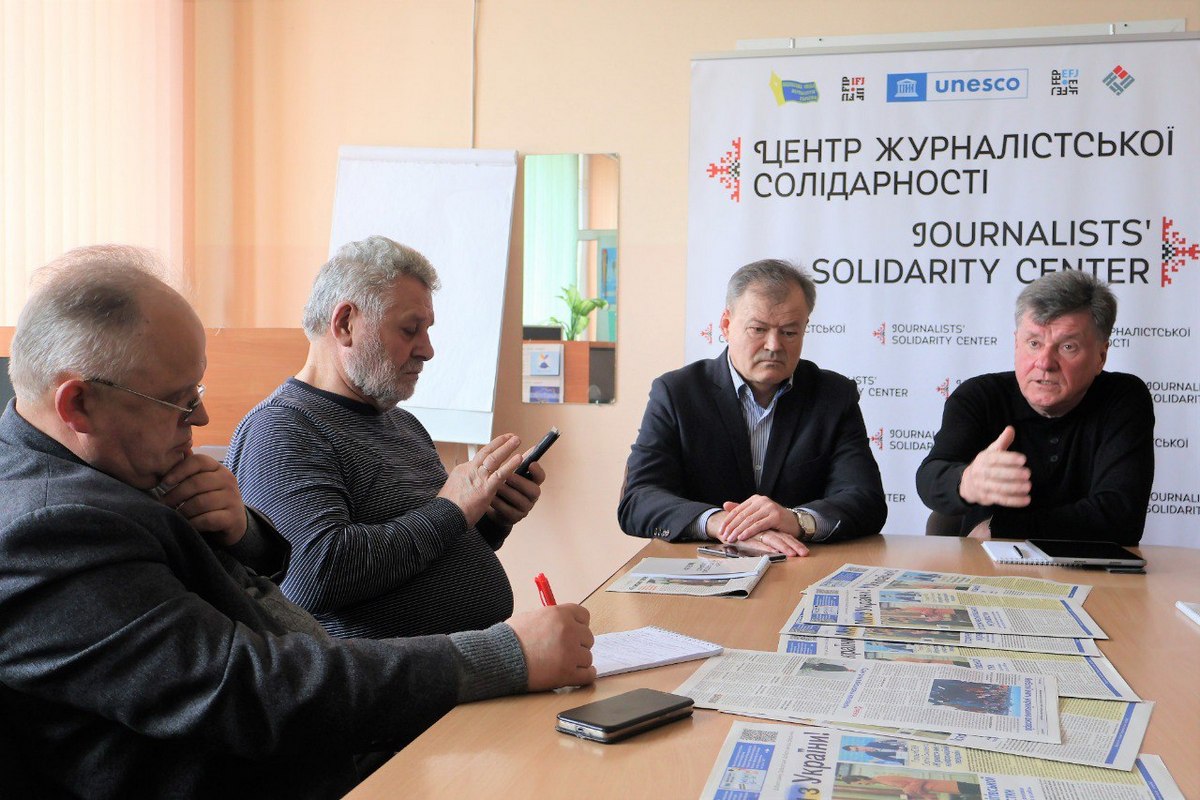
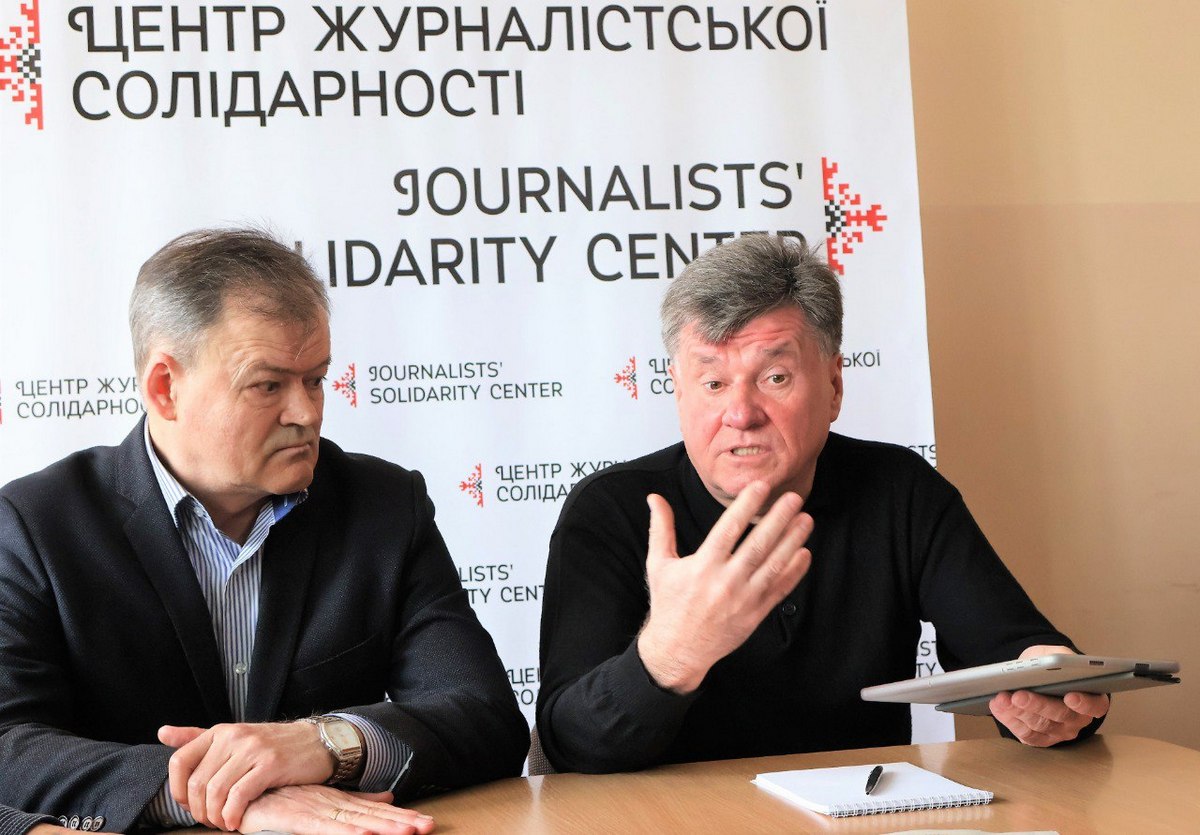
As earlier reported, the Journalists’ Solidarity Centers is an initiative of the NUJU implemented with the support of the International and European Federations of Journalists and UNESCO. The initiative is designated to help media representatives working in Ukraine during the war. The Centers operate in Kyiv, Lviv, Ivano-Frankivsk, Chernivtsi, Zaporizhzhia, and Dnipro and provide journalists with organizational, technical, legal, psychological, and other types of assistance.
UNESCO is the United Nations Educational, Scientific, and Cultural Organization. It contributes to peace and security by promoting international cooperation in education, sciences, culture, communication, and information. UNESCO promotes knowledge sharing and the free flow of ideas to accelerate mutual understanding. It is the coordinator of the UN Action Plan on the Safety of Journalists and the Issue of Impunity, which aims to create a free and safe environment for journalists and media workers, thus strengthening peace, democracy, and sustainable development worldwide. UNESCO is working closely with its partner organizations in Ukraine to provide support to journalists on the ground.
The designations employed and the presentation of material throughout this digest do not imply the expression of any opinion whatsoever on the part of UNESCO concerning the legal status of any country, territory, city, or area or its authorities or concerning the delimitation of its frontiers or boundaries.
The authors are responsible for the choice and the presentation of the facts contained in this digest and for the opinions expressed therein, which are not necessarily those of UNESCO and do not commit the organization.
Chernivtsi Journalists’ Solidarity Center

 THE NATIONAL UNION OF
JOURNALISTS OF UKRAINE
THE NATIONAL UNION OF
JOURNALISTS OF UKRAINE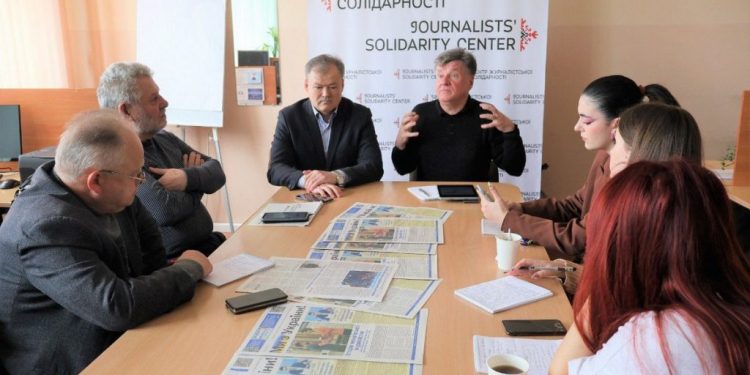
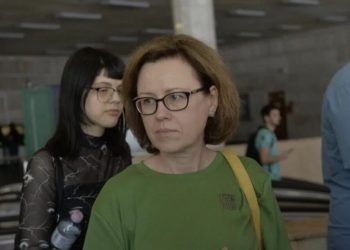
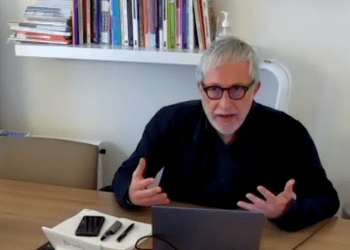
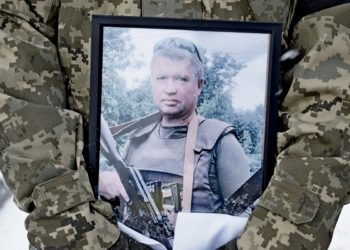













Discussion about this post